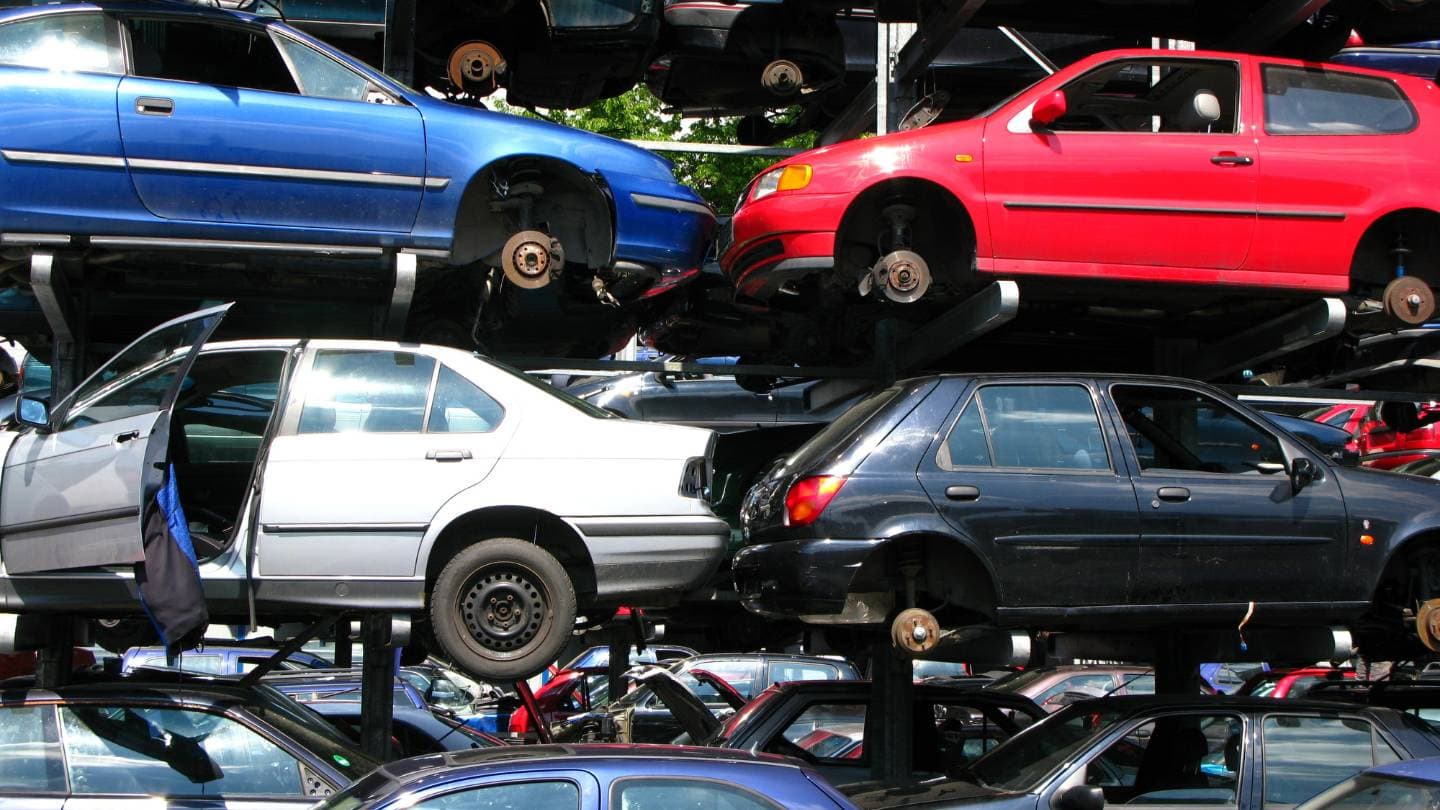Car depreciation is an important concept for anyone considering selling, trading, or maintaining their vehicle’s value over time. When you drive a new car off the lot, it begins to lose value.
Understanding how depreciation works in Australia can help you make smarter financial decisions, especially if you want to get the best value when selling your car or trading it in for cash.
This blog post breaks down everything you need to know about car depreciation, including key factors influencing it and tips on minimising its impact.
Let’s Get Straight to the Point
Car depreciation is the loss of value a vehicle experiences over time, influenced by factors like age, mileage, make, model, and condition.
New cars typically lose 15-25% of their value yearly, with the steepest decline in the first few years.
To minimise depreciation, choose reliable brands, keep mileage low, maintain the car well, and consider buying used vehicles.
In Australia, car depreciation can be tax-deductible if used for business purposes with proper logbook records.
Certain vehicles, like the Mitsubishi Triton and BMW 7 Series, experience faster depreciation, so research is key before buying.
What is Car Depreciation?
Car depreciation refers to the loss of value that a vehicle experiences over time. Factors such as age, mileage, wear and tear, and the car brand’s reputation contribute to this.
As a rule of thumb, cars lose most of their value within the first few years of ownership.
1. How Much Do Cars Depreciate Each Year?
On average, a new car loses between 15-25% of its value yearly. After five years, most cars have lost roughly 60% of their original value.
However, this figure can vary significantly depending on the car’s make, model, and condition.
Factors That Affect Car Depreciation
1. Age of the Vehicle
One of the biggest factors in car depreciation is age. Newer cars tend to depreciate faster than older cars.
The first few years of a car’s life are when it loses the most value, with a slower rate of depreciation occurring as the car ages.
2. Mileage
Higher mileage generally means higher depreciation. If you’re clocking up the kilometres, your car’s value will drop faster.
In Australia, an average of 15,000 to 20,000 kilometres per year is considered standard. Exceeding this can significantly reduce the car’s resale value.
3. Make and Model
Some car brands hold their value better than others.
In Australia, brands like Toyota and Mazda are known for retaining value longer, while luxury cars such as BMW and Audi tend to depreciate faster.
This is due to factors like reliability, cost of repairs, and market demand.
4. Condition and Maintenance
The condition of the car plays a huge role in depreciation. A well-maintained car with regular services, minimal damage, and a complete service history will hold its value much better.
Keep records of all services and repairs in a logbook to increase resale value.
5. Fuel Efficiency and Engine Size
As Australia continues to move towards more environmentally conscious choices, fuel-efficient vehicles are more desirable.
A fuel-efficient car will depreciate slower than a gas guzzler, especially with rising fuel costs.
6. Vehicle Compliance and Features
When purchasing a car, consider the features and compliance dates.
A car with modern safety features, updated emissions standards, and compliance with Australian regulations will hold more value than older models without these features.
How to Minimise Car Depreciation
While depreciation is inevitable, there are several steps you can take to reduce its impact.
1. Choose the Right Make and Model
Before purchasing a car, research which brands and models are known to depreciate more slowly.
In Australia, cars from brands like Toyota, Subaru, and Mazda retain value better due to their reliability and lower running costs.
2. Buy a Used Vehicle
Buying a used car is a smart way to avoid the steepest depreciation. A two- or three-year-old car has already experienced its most significant drop in value, but it will still have many years of life left.
Buying a used car can take advantage of a much slower depreciation rate.
3. Keep Your Car Well-Maintained
Regular maintenance and servicing are key to maintaining a car’s value. Keep your car clean, promptly address minor issues, and always adhere to the recommended service schedule.
A car with a full-service history is far more attractive to buyers and will command a higher price.
Tip: Keep a detailed maintenance logbook to show prospective buyers that the car has been properly cared for.
4. Limit Kilometres
The more you drive, the more your car depreciates. If possible, limit unnecessary trips and try to keep the mileage low.
A car with lower mileage will always fetch a higher price than one with extensive wear from long-distance travel.
Is Car Depreciation Tax Deductible in Australia?
In Australia, you can claim depreciation as a tax deduction if you use your car for business purposes. However, depreciation is not deductible if the car is used solely for personal reasons.
1. Logbook Method
The Logbook method is one of the most commonly used ways to claim a deduction. You must keep a detailed record of all trips made for business purposes, including the kilometres driven.
This can help you calculate the business use percentage of your car and claim a deduction accordingly.
- Keep detailed records of all expenses, including fuel, maintenance, and repairs.
- Update your logbook regularly to ensure you have accurate records if the Australian Taxation Office (ATO) audits you.
Which Australian Vehicles Depreciate the Most?
Some cars experience rapid depreciation in Australia, often due to high running costs, expensive repairs, or low demand in the second-hand market.
These vehicles typically include:
- Mitsubishi Triton
- Audi A6
- Ford Ranger
- Lexus LS
- BMW 7 Series
- Mitsubishi ASX
Owning one of these models may result in a steeper loss in value over time, so it’s worth considering resale value before purchasing.
Conclusion
Understanding how car depreciation works is essential to maximising your car’s resale value in Australia.
You can reduce the impact of depreciation by choosing the right make and model, limiting mileage, maintaining your vehicle, and considering tax deductions if applicable.
Additionally, buying a used car instead of a new one is a great way to avoid the steepest depreciation in the first few years.
With regular upkeep and smart buying choices, you’ll be well-prepared to get the most value when it comes time to sell your car for cash.
Frequently Asked Questions about Car Depreciation
1. What is car depreciation, and how does it work?
Car depreciation refers to the loss of a vehicle’s value over time. Factors such as age, mileage, condition, and make/model contribute to the amount of value a car loses.
2. How much do cars typically depreciate each year?
On average, cars lose 15-25% of their value annually, with the steepest decline occurring in the first few years. After five years, a car may lose about 60% of its original value.
3. Which factors influence car depreciation the most?
Key factors include the car’s age, mileage, make, model, condition, fuel efficiency, and whether it has up-to-date safety features and complies with regulations.
4. How can I reduce the depreciation of my car?
You can minimise depreciation by choosing reliable car brands, limiting mileage, maintaining your vehicle with regular servicing, and keeping detailed records of repairs and maintenance.
5. Is car depreciation tax deductible in Australia?
Yes, car depreciation can be claimed as a tax deduction in Australia if the vehicle is used for business purposes. The Logbook method is commonly used to track and claim such deductions.



